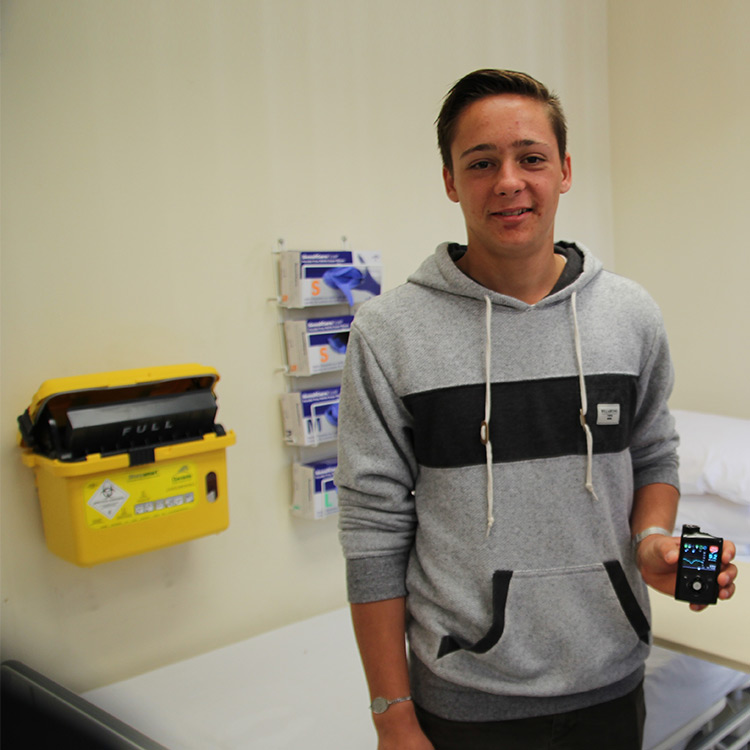Search
Research
Development of a Model of Care resource for FASD in the justice systemThis article describes the development of a Model of Care resource to support youth involved with the justice system where a neurodevelopmental disability such as Fetal Alcohol Spectrum Disorder is suspected. Service staff within the Youth Justice sector were engaged in an iterative process of resource development over a 9-month period.
Research
Cohort profile: The WAACHS Linked Data StudyDespite the volume of accumulating knowledge from prospective Aboriginal cohort studies, longitudinal data describing developmental trajectories in health and well-being is limited.
Research
Moderate and severe diabetic ketoacidosis at type 1 diabetes onset in children over two decades: A population-based study of prevalence and long-term glycemic outcomesTo investigate in a population-based pediatric cohort: prevalence of moderate-severe diabetic ketoacidosis at type 1 diabetes diagnosis over two decades and its association with long-term glycemic control.
Research
Effects of simulated high altitude on blood glucose levels during exercise in individuals with Type 1 DiabetesCurrent exercise guidelines for individuals with type 1 diabetes (T1D) do not consider the impact that high altitude may have on blood glucose levels (BGL) during exercise.
Research
International comparison of glycaemic control in people with type 1 diabetes: an update and extensiono update and extend a previous cross-sectional international comparison of glycaemic control in people with type 1 diabetes. Methods: Data were obtained for 520,392 children and adults with type 1 diabetes from 17 population and five clinic-based data sources in countries or regions between 2016 and 2020.
Research
Physical activity estimated by osteogenic potential and energy expenditure has differing associations with bone mass in young adults: The Raine studyGround impacts during physical activity may be important for peak bone mass. We found differences in how energy expenditure and impact scores estimated from a physical activity questionnaire related to bone health in young adults. Using both estimate types can improve our understanding of the skeletal benefits of physical activity. Purpose: It is unclear whether mechanical loading during physical activity, estimated from physical activity questionnaires which assess metabolic equivalents of task (METs), is associated with skeletal health.

News & Events
Local researchers lead biggest ‘artificial pancreas’ outpatient studyThe Children’s Diabetes Centre at The Kids Research Institute Australia is leading the longest and largest at-home trial of a hybrid closed-loop insulin pump system.
Research
Promoting Resilience in Stress Management for Parents (PRISM-P) intervention in parents of young children with T1DKeely Amy Tim Bebbington Finlay-Jones Jones MClinPsych/PhD BPsych(Hons), MPsych(Clinical), MHealthEcon, PhD (Clin Psych) MBBS DCH FRACP MD McCusker
Research
Reducing Rates of Severe Hypoglycemia in a Population-Based Cohort of Children and Adolescents With Type 1 Diabetes Over the Decade 2000–2009The objective of this study was to examine rates of severe hypoglycemia (SH) in a large population-based cohort of children with type 1 diabetes and...
Research
Fatness, fitness, and increased cardiovascular risk in young childrenTo investigate the relationships between cardiorespiratory fitness and adiposity among young children, and their influence on a comprehensive cardiovascular ris
